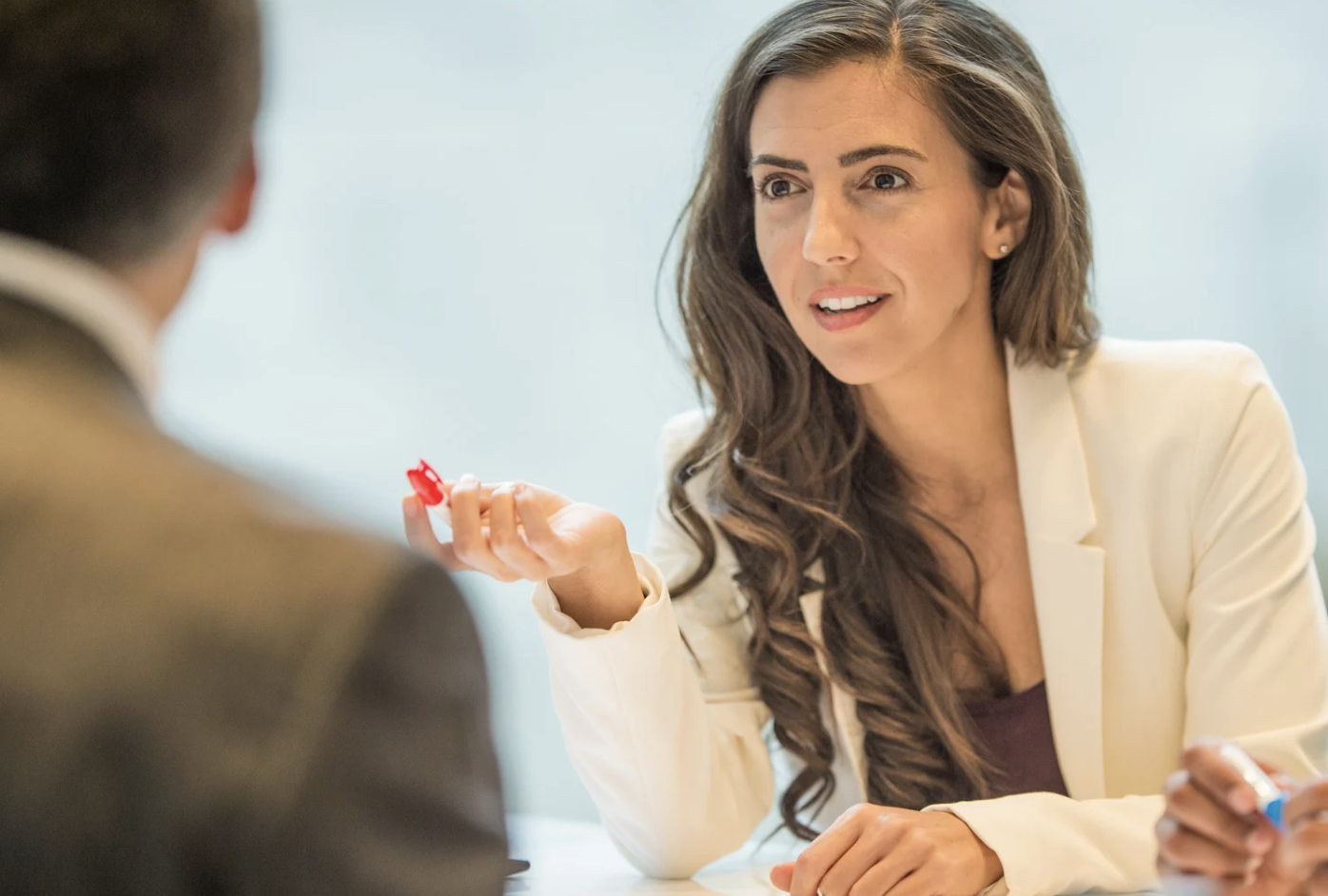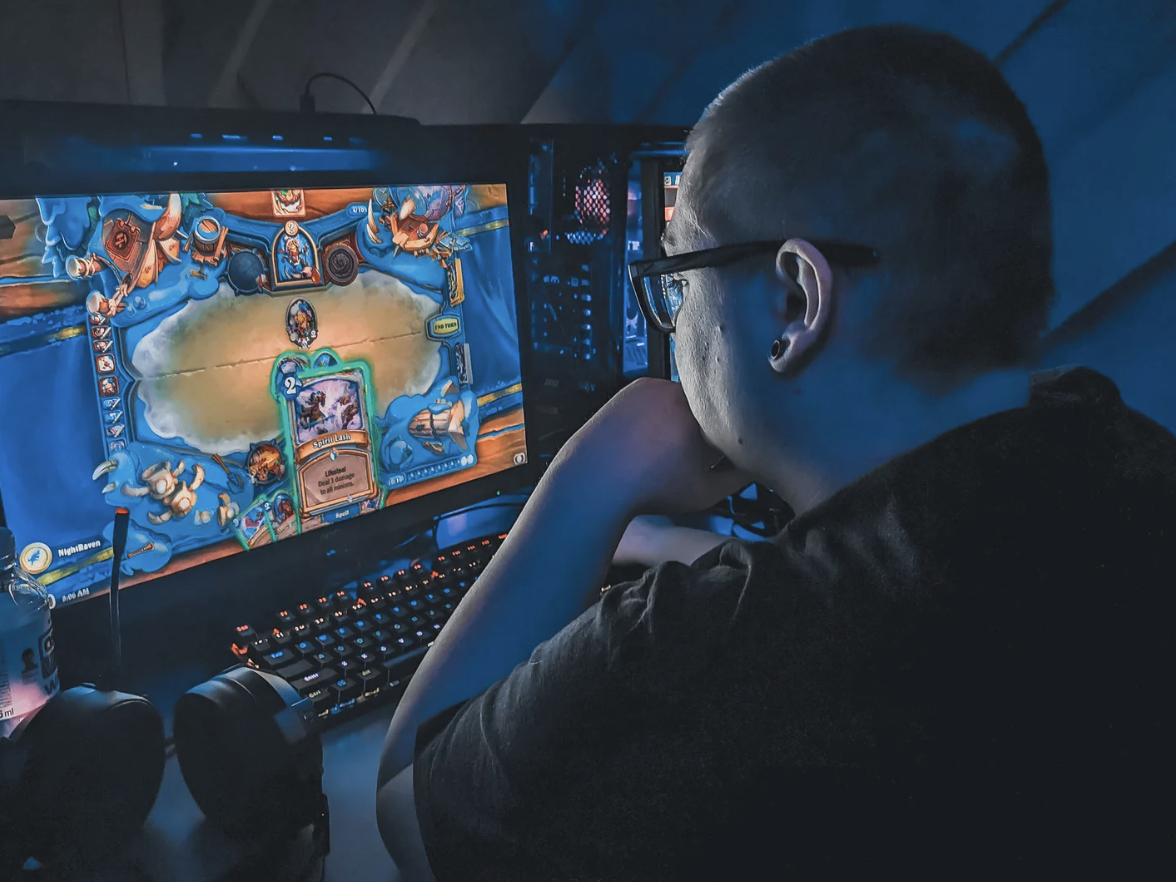The Culinary World: Inside the Duties of a Cook
What Cooks Do Cooks play an essential role in the food service industry, with a diverse range of responsibilities that contribute to the creation of delicious meals for customers to enjoy. From ensuring the freshness of ingredients to meticulously following recipes and creatively plating dishes, cooks are integral to the success of restaurants, catering businesses, […]

US Economy Defies Expectations: Adds 147,000 Jobs in June, Unemployment Rate Falls to 4.1%
The United States economy continues to show resilience, adding 147,000 jobs in June, surpassing expectations. The unemployment rate also dropped to 4.1%, a positive sign for the labor market. Despite ongoing economic uncertainties and the implementation of President Donald Trump’s tariffs, the employment sector continues to see growth. Data from the Bureau of Labor Statistics […]

Data managers: Defining duties and talents in corporate data stewardship
Data stewards play a crucial role in organisations by overseeing the management and quality of data assets. They ensure that data collection is conducted properly and according to corporate standards, while also working to fix data corruption and transfer data across various applications. Employees within the company can report data issues to the data steward […]

Emergency Medical Careers: Exploring the Differences and Similarities Between Paramedics and Doctors
Paramedics and doctors play crucial roles in emergency healthcare. While both professions involve caring for patients in critical situations, there are significant differences in terms of educational qualifications, responsibilities, and work environments. Understanding these distinctions can help individuals make informed decisions about pursuing a career in either field. Paramedics are trained professionals who provide emergency […]

Mastering Assertive Communication: Tips for Effective, Honest, and Respectful Interactions in the Workplace
Assertive communication is a valuable skill that involves speaking out and being honest. It is particularly beneficial for team leaders and managers who need to effectively communicate with their team members. Assertive communication enables individuals to assert their rights and opinions in a respectful manner. This form of communication demands clarity, active listening, and honesty. […]

Maximizing Your Pay: Effective Strategies for Successful Salary Negotiation
Negotiating a Better Pay Salary negotiation is a crucial aspect of the employment process that involves discussions between an employee and employer about compensation. This negotiation can occur at different times throughout your career, whether you are seeking a raise in your current position or negotiating a starting salary for a new job. The goal […]

The 7 Keys to Successful Corporate Negotiations: How to Win With Confidence and Integrity
Negotiation skills are essential in both business and personal life. The ability to negotiate effectively can help you achieve your goals more easily and succeed in whatever you do. Understanding and preparing for negotiations can also play a crucial role in the success of your company. In this post, we will outline the seven best […]

The Gaming Path: A Guide to Landing Your Dream Video Game Job
In order to successfully enter the video game industry, it is important to possess a combination of technical skills, creativity, and a passion for gaming. Video game developers are constantly seeking individuals who can think outside the box, pay attention to detail, and stay up-to-date with the latest trends in the gaming world. One key […]

Steps to Mastery: Skills and Strategies for Succeeding as a Wine Buyer
Steps to Becoming a Wine Buyer Being a wine buyer can be a fulfilling and lucrative career choice for those who are passionate about wine. Wine buyers have the important task of selecting and purchasing wines for various establishments, such as restaurants, hotels, and events. They must have a deep understanding of the wine industry, […]

Crafting Your Dream Career: 10 Unique and Exciting Job Opportunities for the Modern Worker
There are numerous professions out there that are not only enjoyable but also unique and engaging. These cool careers offer different working conditions, hours, and responsibilities that make them stand out from traditional jobs. If you are considering a career change or exploring different options, learning about these unconventional choices might open up new opportunities […]

Building a Strong Team: Key Steps to Success
Successful teambuilding is a crucial aspect of efficient teamwork in any organization. A team that works together seamlessly and effectively can achieve goals quickly and efficiently. However, building a successful team takes time, effort, and dedication, and it requires strong leadership to guide the team towards success. In order to build a successful team, it […]

Mastering the Art of Negotiation: Skills, Strategies, and Techniques for Success
Negotiation is a crucial skill in both personal and professional life. It is a process that involves communication, persuasion, and teamwork to reach a mutually agreeable solution. Negotiation skills are essential for resolving conflicts, reaching compromises, and achieving win-win outcomes. In this article, we will explore the importance of negotiation abilities and how they can […]

The Power of Collaboration: 9 Workplace Advantages and Tips for Success in Building a Collaborative Environment
Collaboration is a key component of any workplace environment. It involves individuals working together to achieve a common goal or solve a problem, utilizing their unique skills, knowledge, and expertise. Understanding the benefits of collaboration can help organizations achieve their goals more effectively. In this post, we will explore the various types of collaboration, its […]


